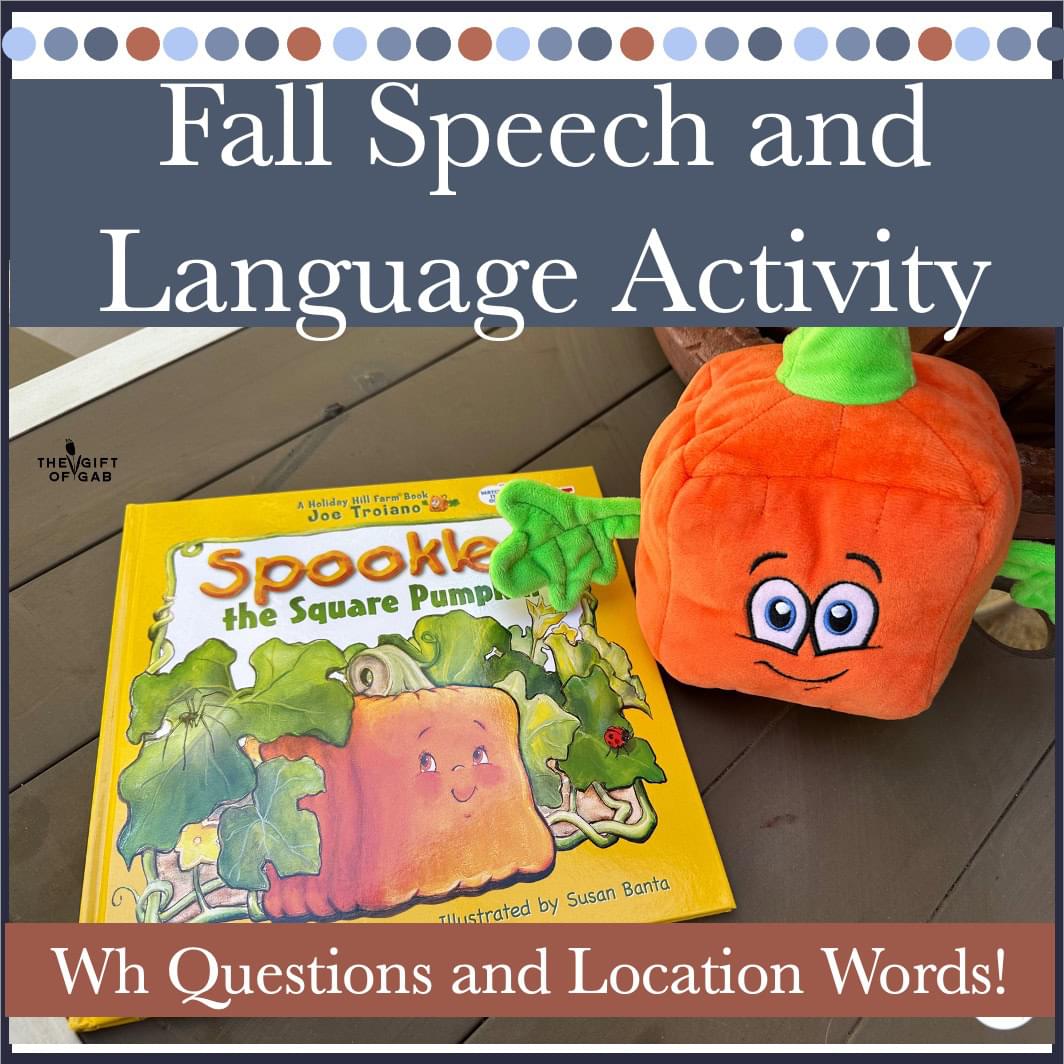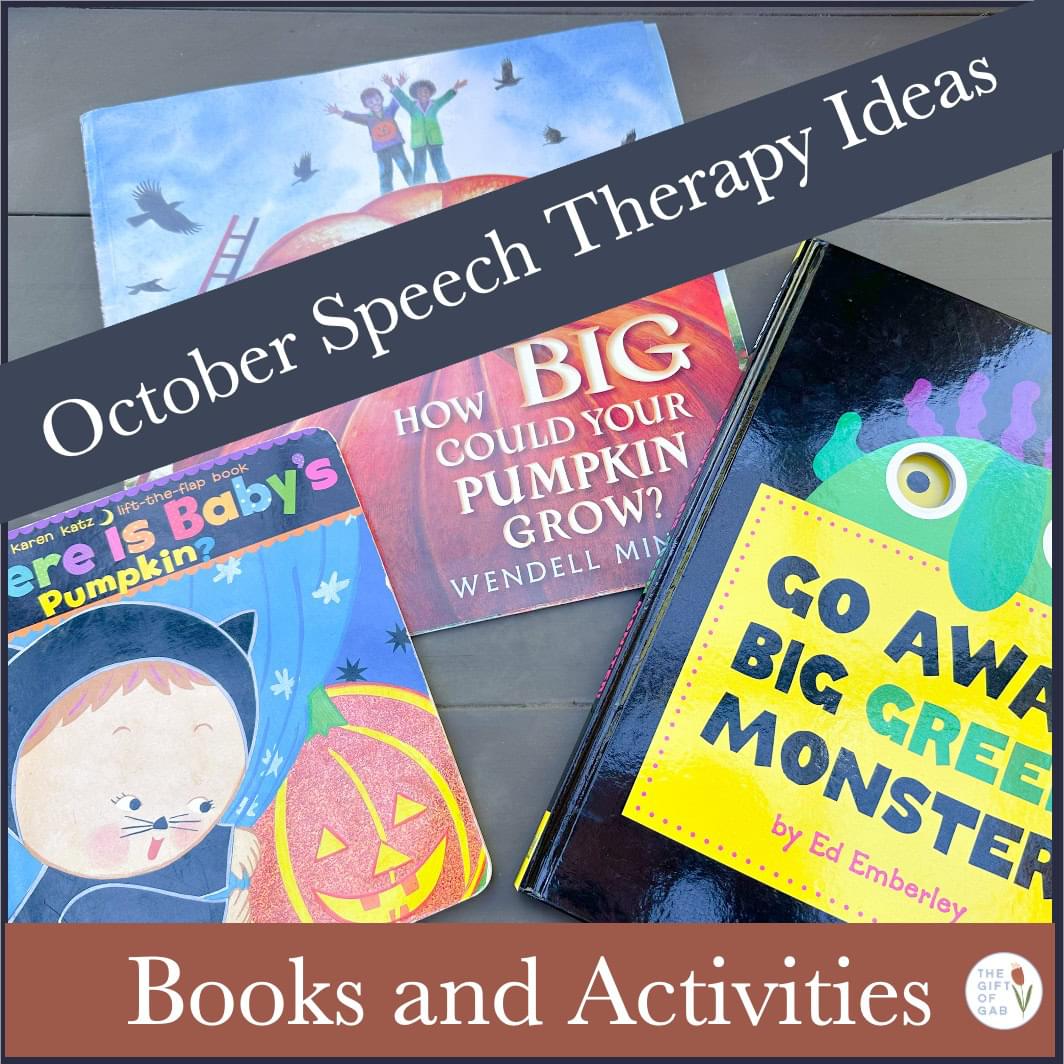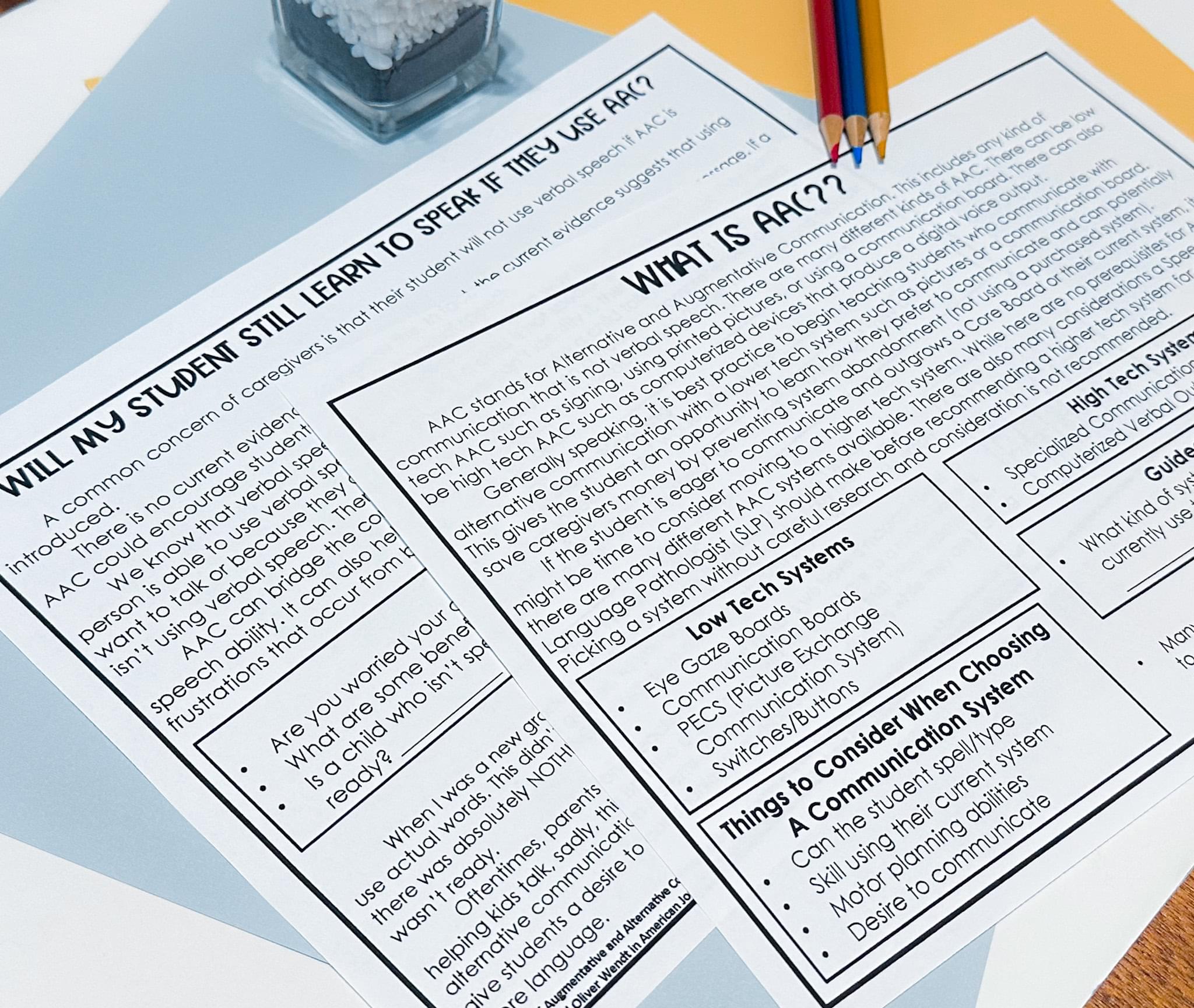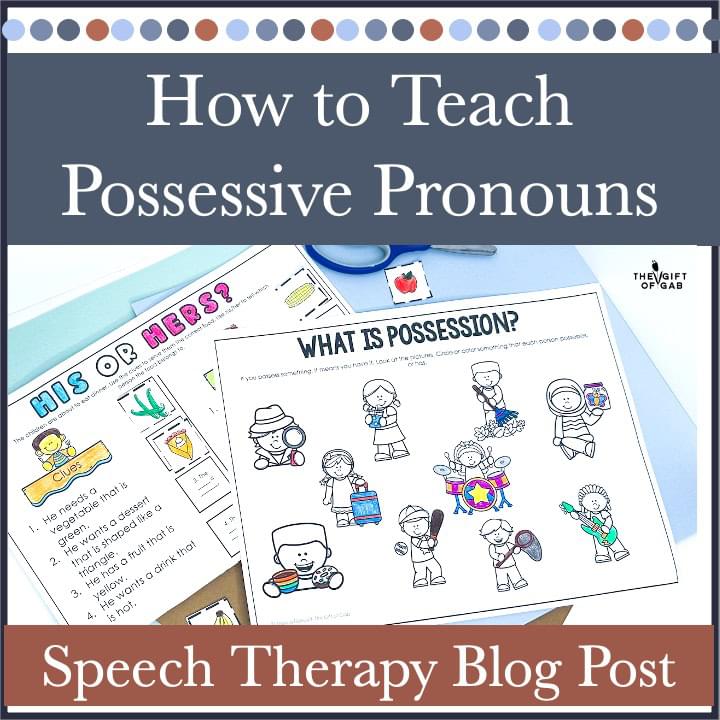Speech therapy for toddlers can be an essential part of fostering early language skills, especially when concerns about your child’s development arise. Whether you’re waiting for professional guidance or facing financial barriers, there are effective strategies you can implement at home. Let’s explore how the simple technique of self-talk, when integrated with daily routines, can significantly benefit your toddler’s speech and language development.
What is Self-Talk in Speech Therapy for Toddlers?
Self-talk is a straightforward yet powerful strategy in which you vocalize what you’re doing during everyday activities. By incorporating this into your toddler’s daily routines, you offer numerous opportunities for them to learn new words naturally. The repetitive nature of routines is crucial for reinforcing vocabulary, as toddlers hear the same words in context over and over again.
Implementing Self-Talk in Daily Routines
Think about the routines you and your toddler consistently follow each day. Activities like preparing meals, getting dressed, and cleaning are perfect moments to apply self-talk. For instance, while preparing breakfast, narrate each step: “I am getting the bowl. Now, I’m pouring the cereal. Time to add the milk.” This continuous verbal engagement can significantly boost your child’s language acquisition.
Planning Daily Speech Therapy Routines
Begin by identifying three daily routines that could benefit from self-talk. Common examples include mealtime, toileting, and dressing. Plan to use self-talk consistently during these activities. For instance, while dressing your toddler, you might say, “I am putting on your pants. Now, I’m buttoning your shirt.” This strategy helps your toddler associate words with actions, enhancing their vocabulary and comprehension.
Consistent Practice Yields Results
Commit to integrating self-talk into your daily routines for at least one week to see noticeable progress. The consistent use of this method creates a rich linguistic environment, providing your toddler with the tools to learn new words effectively.
Additional Resources for Speech Therapy at Home
If you’re seeking more comprehensive guidance while awaiting professional speech therapy for toddlers, consider utilizing resources like the “Speech Therapy Workbook for Parents of Late Talkers.” This workbook includes 22 strategies complete with activities, songs, and book recommendations tailored to weekly themes, making speech therapy accessible and enjoyable at home.

By using the self-talk strategy in your daily routines, you can make substantial strides in your toddler’s speech and language development. Speech therapy for toddlers need not be complex or costly; sometimes, the best tools are the simplest. Keep reading for more insights and simple strategies to enhance your child’s communicative skills at home.




